Apex Legends players who “dashboard” their way out of matches to keep their rank may find themselves in Respawn’s sights. Eric “Ghost” Hewitt, senior systems designer for the company, recently announced that “judgment day” is coming for people who abuse the exploit.
The developer also mentioned that “there will be more immediate punishment in the future” for dashboarders, but the company just has to “get everything lined up appropriately” first.
The news echoed alongside competitive circles in Apex but may baffle more casual players. Here’s what you need to know about dashboarding, why it’s bad for the community, and why it may get you banned.
What is dashboarding?
Apex’s ranked system measures players’ skill levels through an in-game statistic known as ranked points (RP), equivalent to SR or ELO ratings in other games. When in a competitive matchmaking queue, players will face enemies in the same skill level and will be divided into six tiers: Bronze, Silver, Gold, Platinum, Diamond, and Apex Predator.
Players must spend RP to join competitive matches outside of Bronze. Lower rank matches cost less RP to join and the buy-in increases throughout the ladder progression, which punishes poor performances in the higher tiers considerably more than at the lower end of the spectrum.
“Dashboarding” refers to force-quitting the game before losing a match to avoid the repercussions of a poor performance. In Apex, it allows players to bypass the ranked points buy-in, effectively “breaking even” in the case of a probable or imminent loss.
The practice is simple. On PC, all it takes is pressing Alt+F4 to return players to the desktop before their defeat. The same principle applies on consoles by returning to the dashboard through the menu. It’s essentially a cheap, artificial way to boost a player’s rank in Apex.
Why it might get you banned?
It isn’t easy to frame dashboarding as a positive element for Apex‘s competitive ecosystem due to its impact on the way it should function. It doesn’t require much to acknowledge that it goes against established competitive mechanics set in place to protect parts of the community and to avoid the negative consequences of a poor performance.
Bypassing the RP buy-in removes the punishment from the ranked system, which means that the only way to go is up. Any player with enough patience, time, and luck can theoretically make their way to a rank much higher than where they should be.
The ripples caused by dashboarding don’t fall solely on one user, either. An artificially-boosted player becomes more of a dead weight as they stray away from their optimal rank and places their team at an unfair disadvantage. A player outside of their appropriate level can turn any three-vs-three into a two-vs-three and jeopardize their teammates’ ranked progressions—sometimes, all it takes is entering a match and taking up a high-rank spot.
Even though quitting a game might trigger Apex’s loss forgiveness for teammates and mitigate or negate their RP loss, they’re still missing out on an opportunity to climb the ladder and are unwillingly forced into stagnation.
Bans could be a drastic consequence for exploiters—and that’s precisely the point.
By enforcing action against dashboarders, Respawn is making a statement and valuing the competitive side of Apex. Punishing cheaters and exploiters is a key element in fostering an active, lively, competitive ladder.
Bans increase the risk associated with exploiting and make the action considerably more costly, possibly removing players’ motivations to break the rules. A non-enforced system allows players to abuse cheap mechanics and to damage the community, but the ominous-sounding threat of a “judgment day” could be enough to discourage the exploitation of dashboarding.
Additionally, players who had to bear with teammates or with legitimate connection errors “don’t have to worry” about the upcoming punishment. The measures are laser-focused on exploiters, and, based on Hewitt’s tweets, are unlikely to find collateral damage in innocent members of the community.





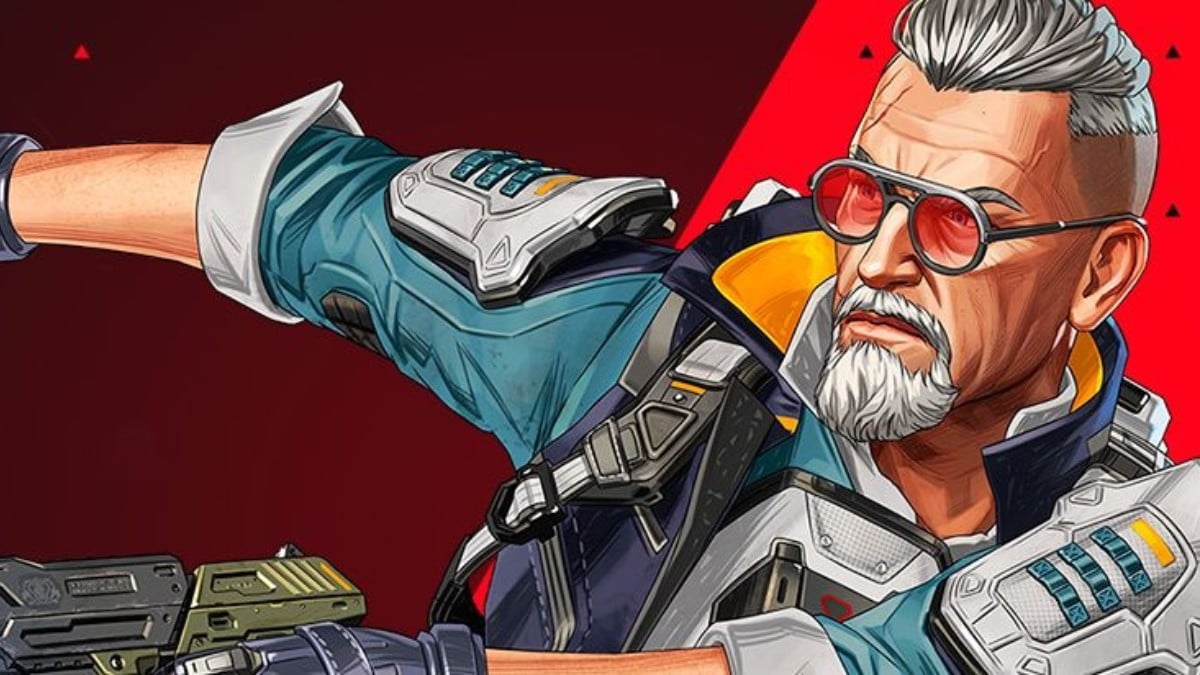
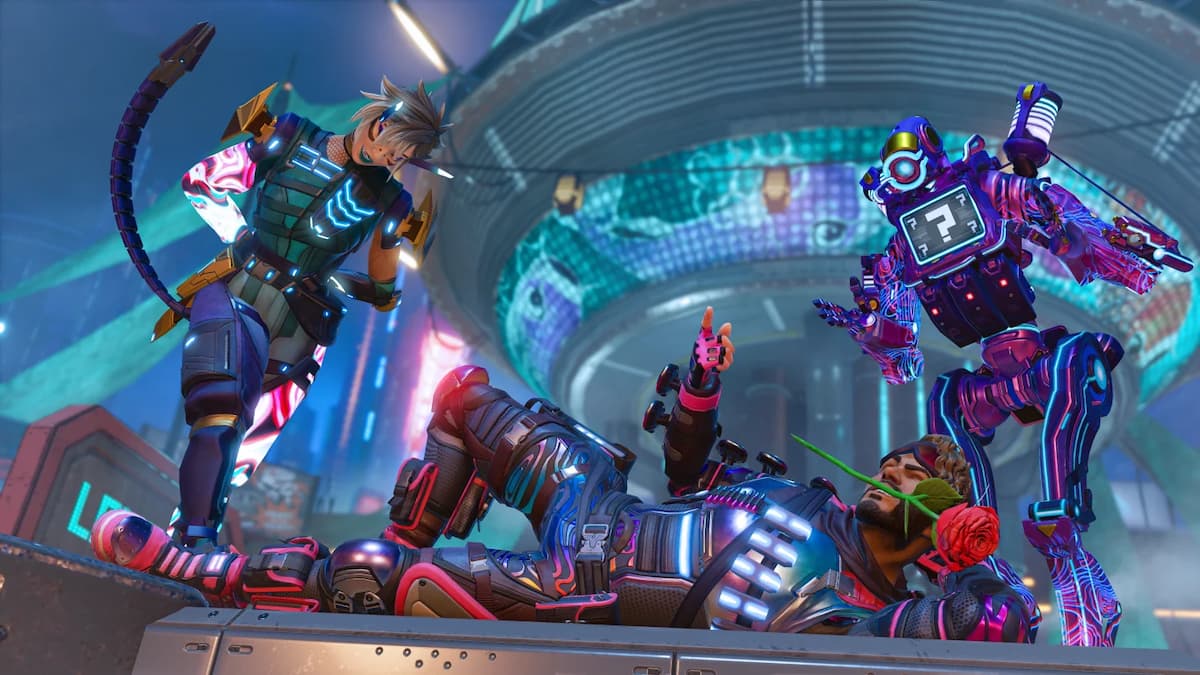
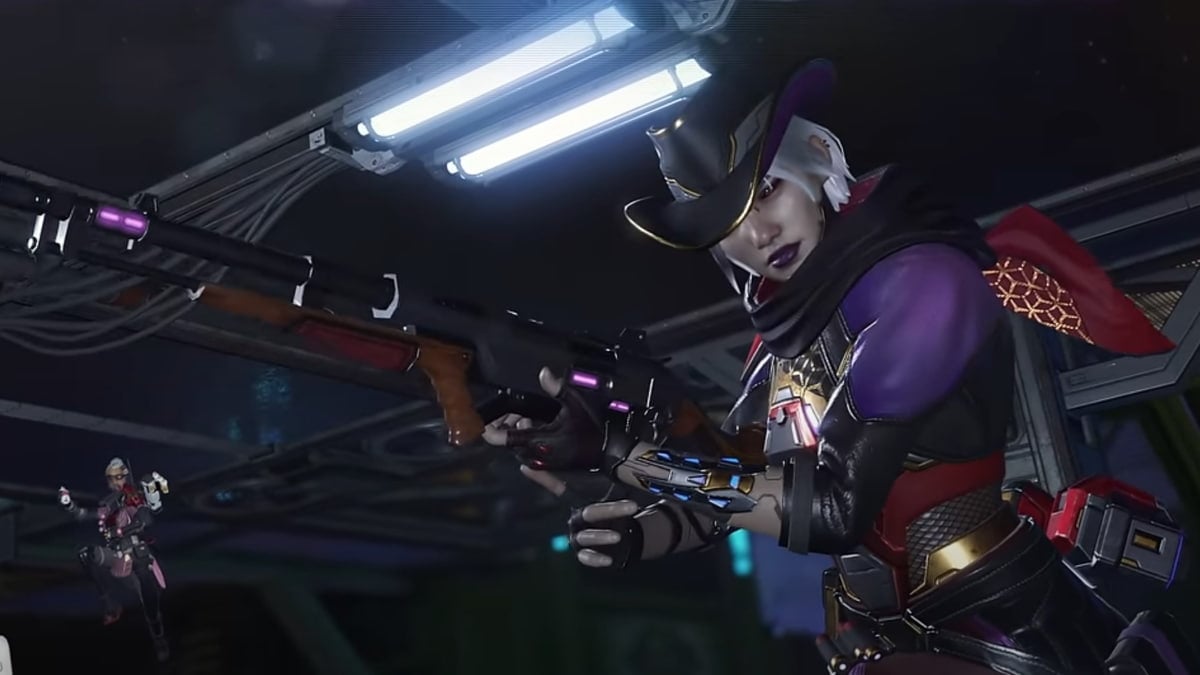

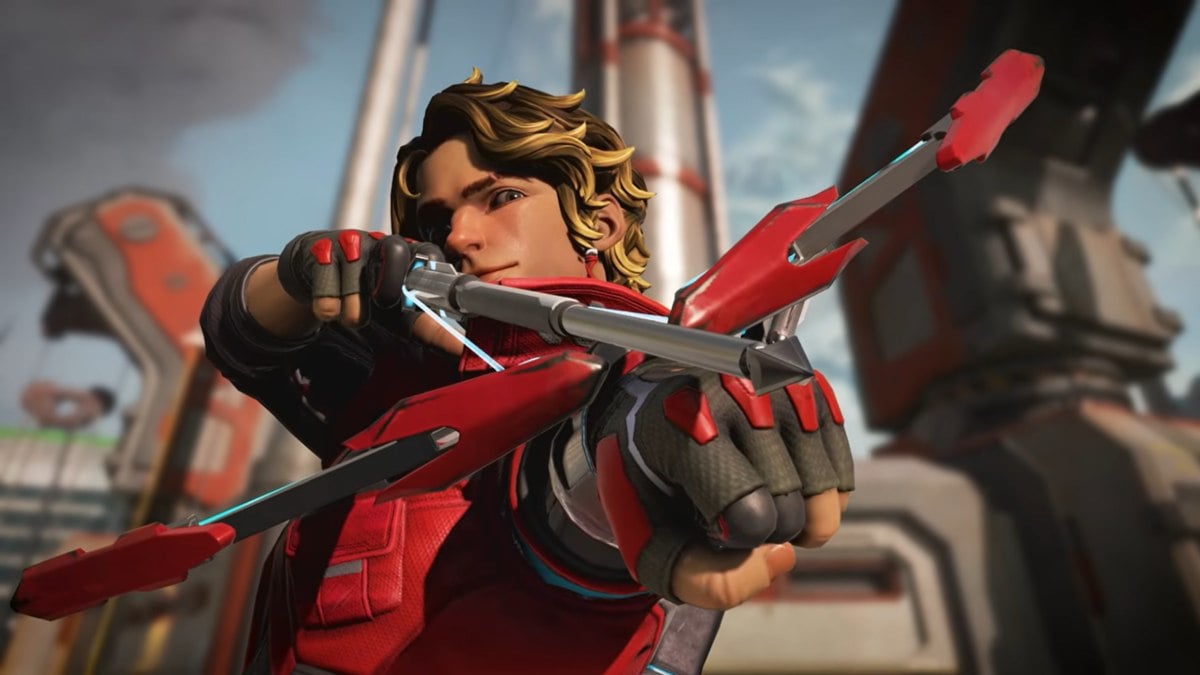

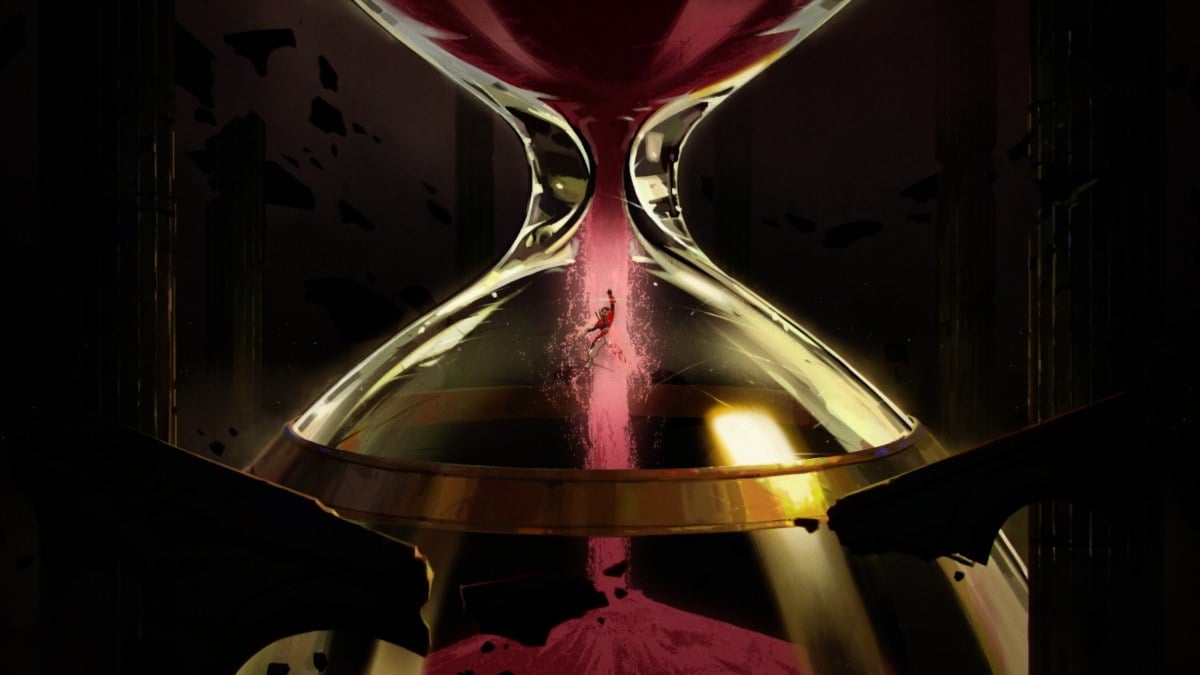

Published: Jan 10, 2020 03:02 pm